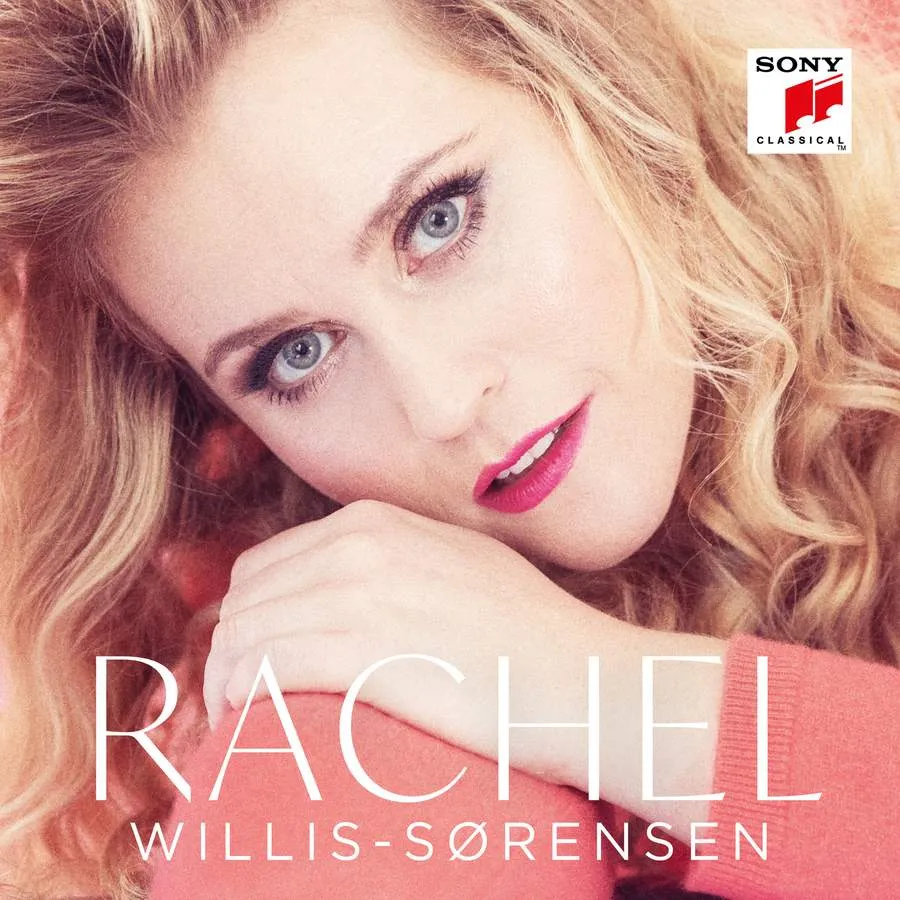
Rachel Willis-Sørensen Arias and scenas by Dvorák, Lehár, Mozart, Puccini and Verdi Rachel Willis-Sørensen (soprano), Olivia Kahler (mezzo-soprano), Giovanni Sala, Jonas Kaufmann (tenor); Orchestra Della Fondazione Teatro Carlo Felice di Genova/Frédéric Chaslin Sony Classical 19439968352 74:11 mins
First achieving international attention with her three prizes in the 2014 Operalia Competition, the American soprano Rachel Willis-Sørensen has waited until the age of 38 to release her debut solo disc. Hers is a full, fleshy soprano with a tone one might suggest has a slightly Nordic quality (her name implies a Scandinavian background). She possesses a good vocal range – less so, perhaps, in respect of colour; but she’s musically secure and her vocalism is always clear and expertly controlled.
All the roles she samples are within her stage repertoire. She gets around all the notes in Violetta’s big solo scene (Traviata) with confident fluency, including respectable trills wherever they’re required. Bringing firmness and tireless determination to Donna Anna’s two arias, she’s equally expressive in the recitatives. In the ‘Willow Song’ and Ave Maria from Otello, she conveys Desdemona’s melancholy and foreboding, her final desperate cry of farewell following the former finely judged. With her perfectly shaped line, her account of Rusalka’s ‘Song to the Moon’ is deeply touching. Leonora in Trovatore is usually considered a role requiring more sheer weight, but once again she makes a success of it.
Of the extra singers involved, the most eminent is Jonas Kaufmann, who joins her in ‘O soave fanciulla’ (La bohème), both of them rising to a pianissimo top C. Mimì’s aria is thought through, suggesting an intelligent, self-aware person. The accompaniments are well handled by the Italian orchestra under the French conductor.
George Hall
More reviews
Brahms: Symphony No. 2; Tragic Overture etc
Beethoven • Steven Stucky: Silent Spring etc
R Strauss: Don Juan; Till Eulenspiegel etc (Cleveland/Welser-Möst)